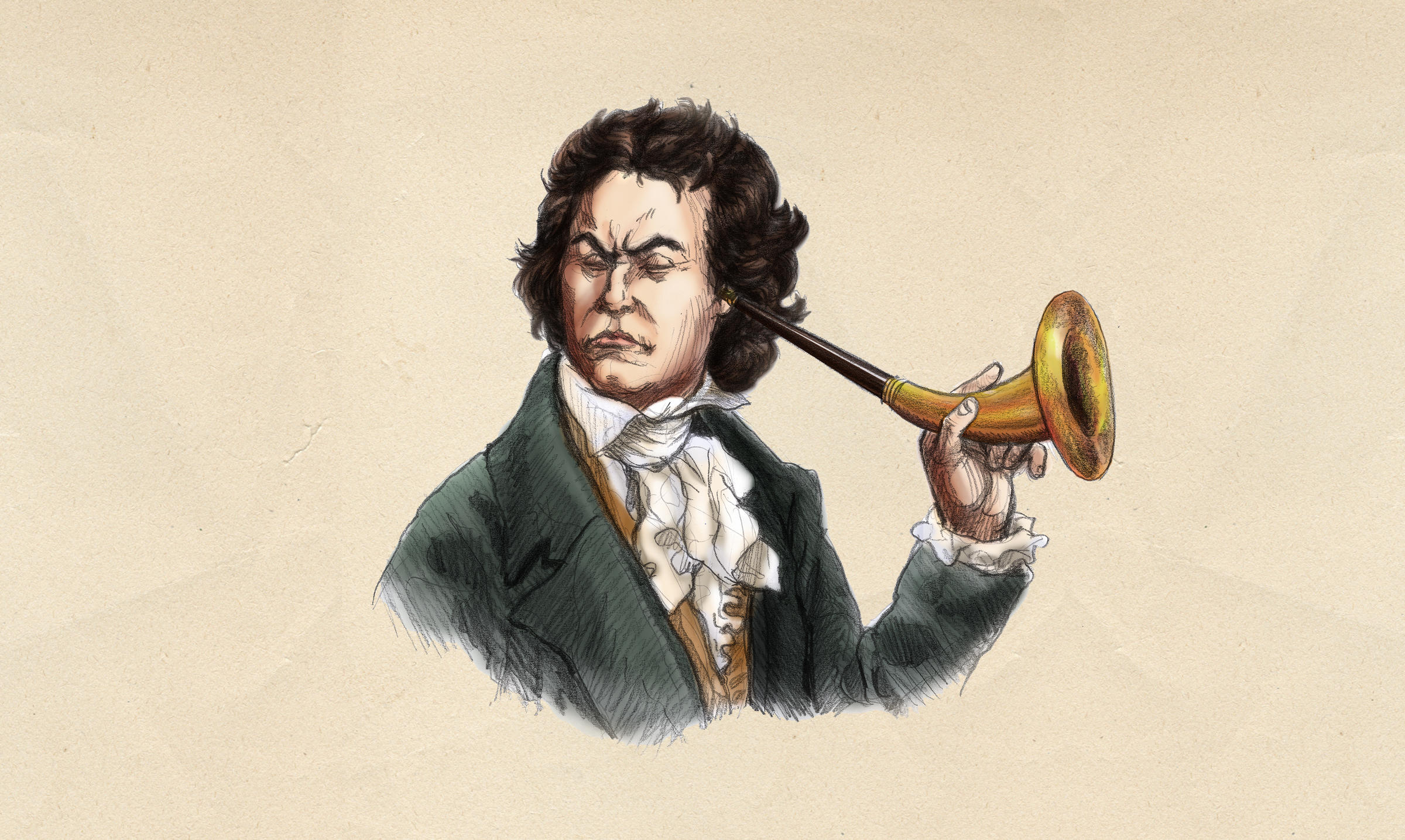
Biography of Ludwig van Beethoven
Ludwig van Beethoven (baptized December 17, 1770 – March 26, 1827) was a German composer and pianist, widely considered one of the most revered figures[…]

The Story Behind Beethoven’s Sonata No. 5 in C Minor
Ludwig van Beethoven, one of the most influential composers in the history of Western classical music, composed his Piano Sonata No. 5 in C Minor,[…]

The Story Behind Beethoven’s Pastoral
Ludwig van Beethoven’s Symphony No. 6 in F major, Op. 68, commonly known as the “Pastoral Symphony,” is one of the most celebrated and beloved[…]

The Story Behind Beethoven’s Symphony No. 1
Ludwig van Beethoven, one of the most influential composers in the history of classical music, created his Symphony No. 1 in C Major, Op. 21[…]

Ludwig van Beethoven – Biography and History
Ludwig van Beethoven, one of the most influential figures in the history of classical music, was born in Bonn, Germany, on December 17, 1770. His[…]